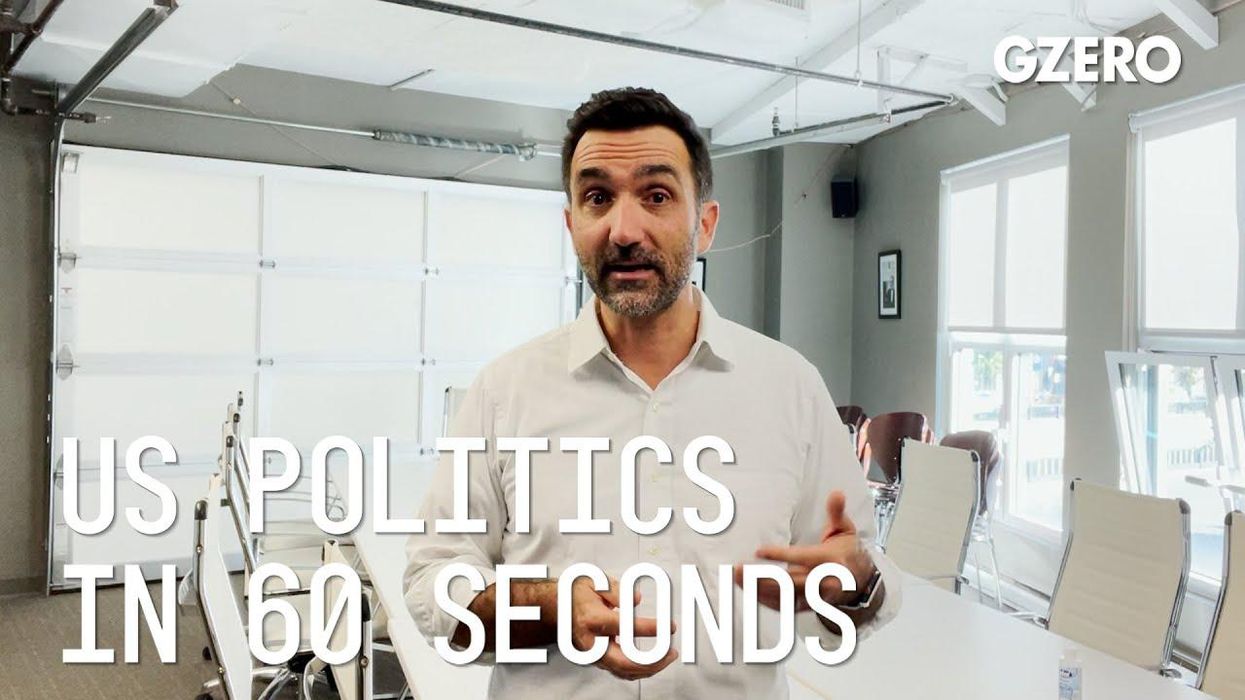US Politics In 60 Seconds
Democrats scramble for ideas to finance $2T spending bill
How are Democrats going to finance their $2 trillion spending bill? Jon Lieber, head of Eurasia Group's coverage of political and policy developments in Washington, shares insights on US politics.
Oct 27, 2021


